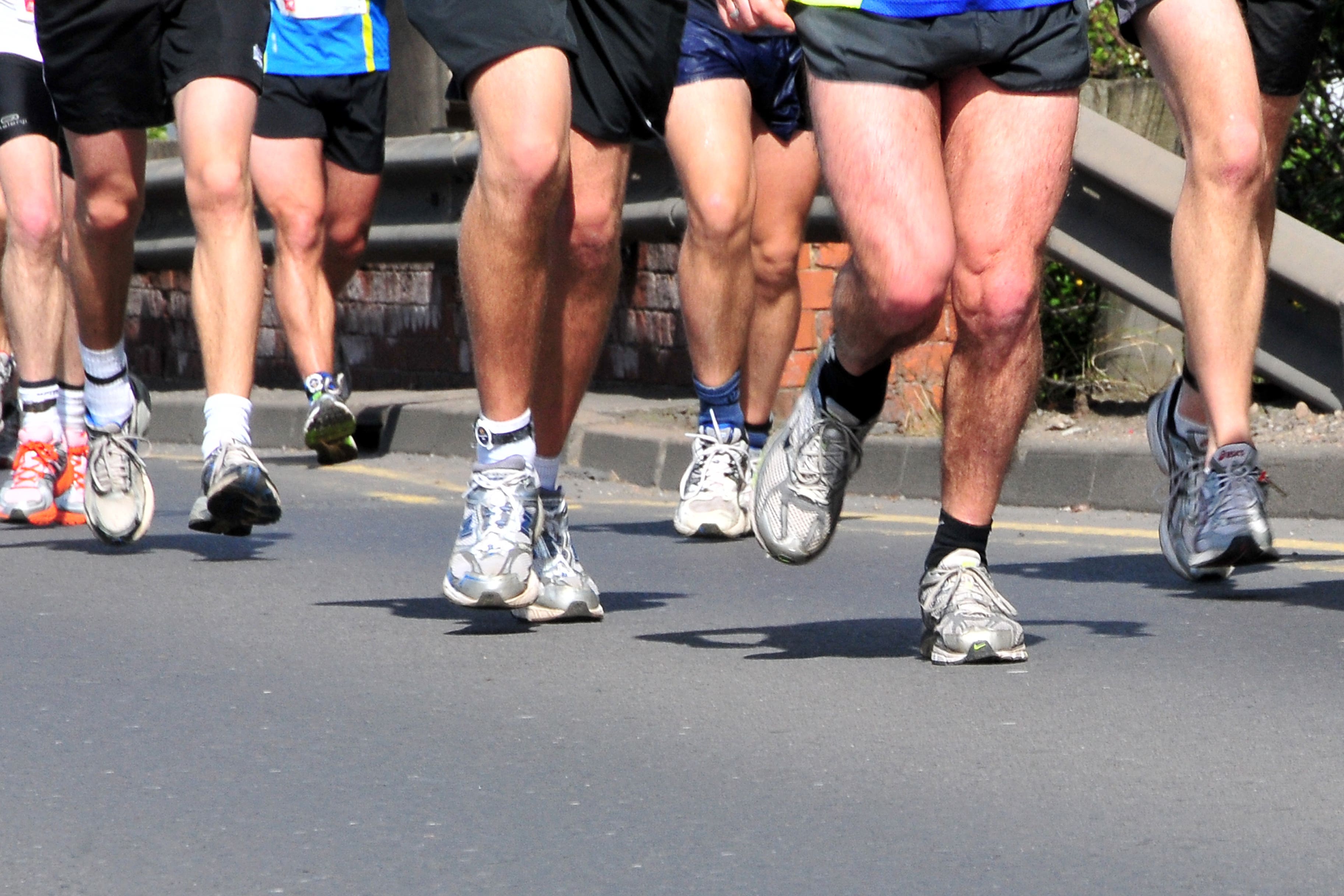Malevolent traits may be important for athletic success – study
But these traits could negatively impact relationships with coaches, researchers suggest.

Your support helps us to tell the story
From reproductive rights to climate change to Big Tech, The Independent is on the ground when the story is developing. Whether it's investigating the financials of Elon Musk's pro-Trump PAC or producing our latest documentary, 'The A Word', which shines a light on the American women fighting for reproductive rights, we know how important it is to parse out the facts from the messaging.
At such a critical moment in US history, we need reporters on the ground. Your donation allows us to keep sending journalists to speak to both sides of the story.
The Independent is trusted by Americans across the entire political spectrum. And unlike many other quality news outlets, we choose not to lock Americans out of our reporting and analysis with paywalls. We believe quality journalism should be available to everyone, paid for by those who can afford it.
Your support makes all the difference.With the Olympics due to start next month, the world’s attention will once again turn to the physical performance of elite athletes, but some of the personality traits that could be key for success may not be what you expect.
New research suggests that being self-centred, ruthless and manipulative may help elite athletes achieve glory.
In other words, characteristics that might be considered malevolent in social settings could be important in performance sport.
Specific characteristics considered malevolent in social settings are highly relevant in performance sport
However, these attributes are not all good, and could be negatively impacting relationships with coaches.
Athlete and coach relationships could also suffer when coaches have these traits, sports scientists at Nottingham Trent University (NTU) found.
Lead author Joseph Stanford, a researcher at NTU’s School of Science and Technology, said: “Specific characteristics considered malevolent in social settings are highly relevant in performance sport.”
He added: “High-performance environments can often attract people who feel superior, are ruthless in the pursuit of winning and have a heightened belief they can influence others for their own success.
“It is important to have a positive coach-athlete relationship in order to achieve success.
“To win, athletes and coaches must perform together under high pressure, often in demanding and stressful situations.
“Our findings suggest we need to consider how personalities are likely to interact together in the sporting arena.
“Additional support for coaches would also allow them to understand how to create effective high-performance relationships.”
Researchers investigated the personalities and relationship quality of more than 300 elite athletes – swimmers, triathletes, and cyclists – and their coaches using a series of established measures.
They looked specifically at a group of personalities known as the Dark Triad, which consists of narcissism, psychopathy and Machiavellianism (strategic exploitation and deceit).
Our research shows why some coaches and athletes may struggle to work together - their unique personality traits make it hard to build a positive coach-athlete relationship
And although these traits are perceived negatively in the general population, they may offer advantages within high-performance settings such as elite sport.
But until now it has not been known how these traits might impact the important relationship between athletes and coaches.
NTU’s Dr Laura Healy, senior author on the study, said: “Our research shows why some coaches and athletes may struggle to work together – their unique personality traits make it hard to build a positive coach-athlete relationship.
“Helping coaches and athletes to understand who their partner is and how to work with them could lead to better quality coach-athlete relationships within elite sport contexts, ultimately benefiting performance and sporting experience.”
Published in the journal Personality and Individual Differences, the study found that the more self-centred a coach was – or the higher their level of narcissism – the less responsive they were to their athlete’s needs.
At the same time, a coach and athlete would feel less trusting of one another if they were similarly self-centred.
Coaches liked athletes less, were less committed to them, and were less willing to do their best for their athletes when they reported high levels of ruthlessness – or psychopathy, the researchers found.
Athletes with high levels of ruthlessness, meanwhile, felt less at ease when working with their coach and respected them less.
And when coaches reported a higher ability to manipulate – or greater levels of Machiavellianism – they were less complimentary towards their athletes.
According to the findings, athletes high in this trait became more uncommitted, distant and unco-operative.